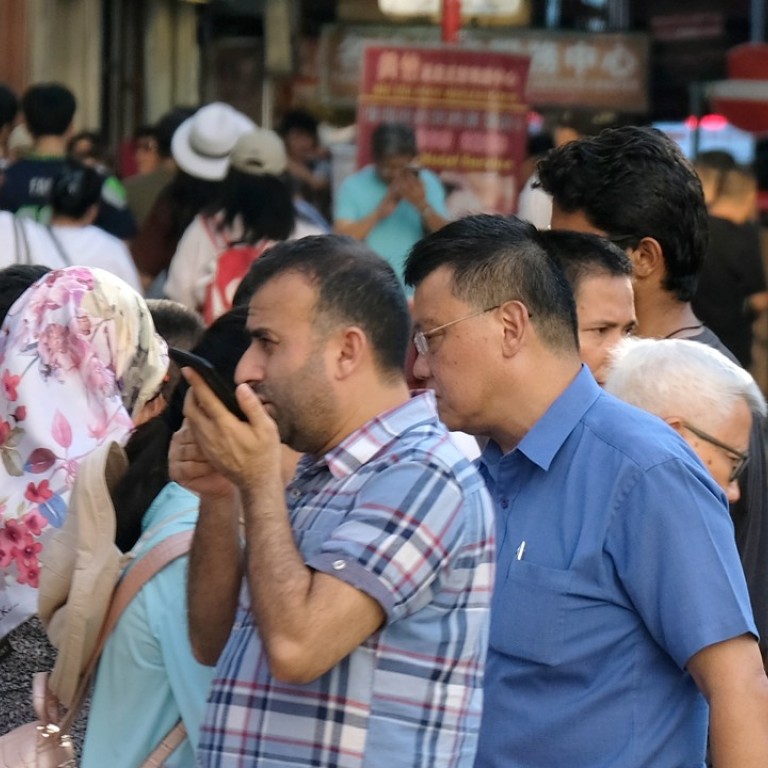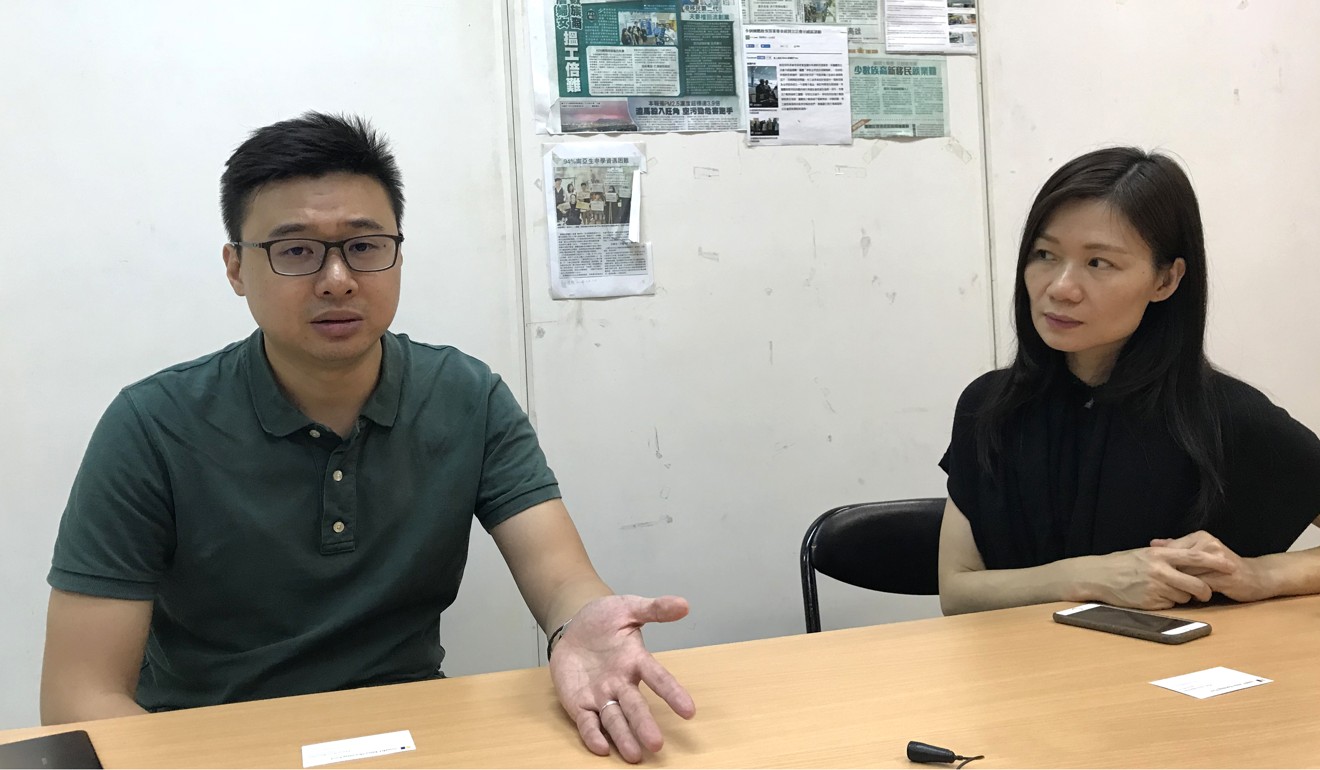
How Hong Kong can do more for job-seeking ethnic-minority residents, especially in civil service recruitment
- NGOs call for government support in assessing applicants on a case-management basis and to move away from labour-intensive jobs
- Labour Department called out for one-time service with no follow-up, like ‘going to a 7-Eleven’
It took four months of unemployment and countless setbacks before Tanveer Khan, 20, a Pakistani in Hong Kong, found a job as a mechanic for lifts and escalators.
The eldest of three siblings, Khan now hopes to build a career and become a foreman.
“It is interesting and a good job for me,” he said. “My parents are 100 per cent really happy that I’ve found this job.”
Khan is among the lucky few ethnic-minority residents who have landed a job in the city, amid a workforce participation rate of 64.5 per cent, excluding domestic helpers. According to a 2016 population by-census, there were 584,383 people from ethnic minority groups in Hong Kong, with domestic helpers accounting for half of the total.
Why Hong Kong’s ethnic minority jobseekers fail to find white-collar posts
Cheung Ang Siew-mei, executive director of Christian Action, an NGO, said it was difficult for people from ethnic minority groups in Hong Kong to get a job because of the difference in expectations between workers and employers.
“There are issues from both sides,” she said, adding bosses tended to prioritise language skills. She adds: “On the other side, ethnic minorities demand a higher pay than locals. It’s hard if the expectation is higher than what the market can afford.”
She added that ethnic-minority people tended to favour working as security guards or in hospitality, as well as in catering and health care.

The scheme involves an officer following up on an applicant individually throughout the process. Some NGOs, such as the Catholic Diocese of HK Diocesan Pastoral Centre for Workers (Kowloon), have already been doing this for the past two years.
‘New measures’ on way to help ethnic minority residents, No 2 official says
Khan is among some 200 people from ethnic minority groups who have secured a job over this period.
Tseng Ka-chun, a programme officer from the centre who guided Khan through his job search, said the centre had to evaluate employability and consider applicants’ family backgrounds and financial situations.
It also encourages them to come up with a career plan.
“We have consultations with every new jobseeker and spend at least an hour to understand his or her problems, abilities and expectations,” Tseng said.

The centre is also in contact with companies, urging them to consider hiring non-Chinese-speaking people.
“In my experience, the company will say they do not have experience hiring ethnic minorities. How to handle, manage [and allow such workers] to blend into the company is a challenge,” Tseng said.
He said he was disappointed with what the Labour Department could offer.
“Going to the Labour Department for help is like going to 7-Eleven. You come and they serve you and you go away and there’s no follow-up,” he said. “Every service is just a one-time service and also, they’re not giving you much guidance.”
Going to the Labour Department is like going to 7-Eleven. They serve you and there’s no follow-up
Jeffrey Andrews, a board member of Hong Kong Unison, another NGO, said he was unsure why the department had not used the case-management approach earlier. Andrews himself belongs to an ethnic minority group and went through difficulties in finding a job.
“I would say the employment [given to ethnic minorities] has always been labour-intensive – construction, security or manual labour,” he said, adding that most other options require Cantonese or Mandarin abilities and that “already eliminates us”.
He urged the government to recruit more ethnic minority members for civil service posts and in the disciplined services.
Cheung of Christian Action said the case approach was “very expensive because it is labour-intensive”.
More language support urged for Hong Kong’s ethnic minority women
The group plans to apply to the government to run the programme, as it has been providing job services for ethnic minorities since early 2000.
Christian Action conducts 300 employment training and language courses a year, including 10 job fairs and workshops, as well as career counselling. About half of its jobseeker cohorts are successfully placed within six months of completion of the courses.

